Second Reading Speech by Senior Minister of State for Law, Indranee Rajah SC, on the Plant Varieties Protection (Amendment) Bill
13 MAR 2014
13 Mar 2014 Posted in Parliamentary speeches and responses
Madam Speaker,
- I beg to move, ‘That the Bill be now read a second time’.
- Introduction
- Madam, Plant Varieties Protection is a type of Intellectual Property protection.
- A person who breeds, discovers and develops a new plant variety (defined under the current Act as a “Breeder”) may apply to protect his new plant variety under the Plant Varieties Protection Act (the “Act”) by filing an application for a grant of protection.
- If given, the grant of protection gives the Breeder exclusive rights in relation to the new plant variety. The Breeder may prevent others from doing a range of acts without the Breeder’s permission, such as:
- producing or reproducing;
- selling;
- importing; and
- exporting;
the protected plant variety.
- Currently, the Act is limited to protection of certain specific varieties of plants listed in the Schedule. Examination is carried out by the Agri-Food and Veterinary Authority of Singapore (AVA).
- This Bill seeks to enhance the plant varieties protection system in Singapore under the Act. It:
- expands the scope of Plant Varieties Protection under the Act to include all plant genera and species; and
- enables the Intellectual Property Office of Singapore (IPOS) to engage the services of other technical examining authorities, aside from the AVA, in the examination of these plant genera and species.
- I will now take the House through the main features of the Bill.
- Protection of all plant genera and species
- The Act was enacted arising from Singapore’s accession to the International Union on the Protection of New Varieties of Plant Convention (the “UPOV Convention”) on 30 July 2004.
- This was part of our United States-Singapore Free Trade Agreement obligations.
- When the Act was first enacted, varieties from 15 plant genera and species were eligible for protection under the Act.
- This was in line with our UPOV Convention obligations.
- With your permission, Mdm Speaker, may I display some slides/photos on the LED screens.
- The current list of plant genera and species covers specific plants from:
- the Orchid family; e.g. Dendrobium and Phalaenopsis;
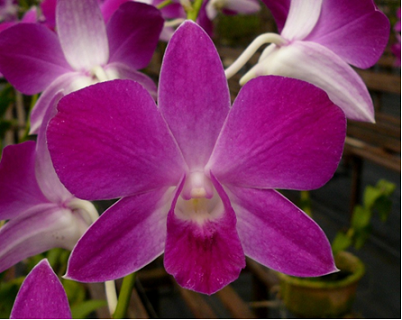
- the Aquatic plants and Ornamentals group; e.g. Heliconias; and
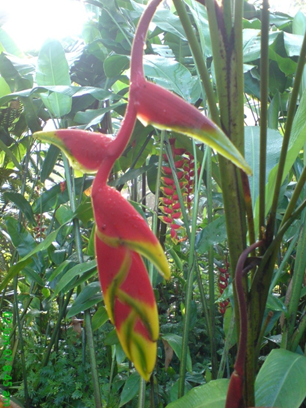
-
the Vegetables group; e.g. Baicai and Caixin.
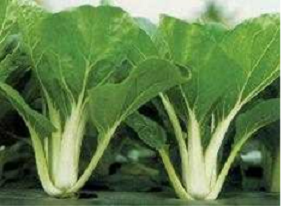
- the Orchid family; e.g. Dendrobium and Phalaenopsis;
- I should clarify that the plants seen in these photos are just examples of the various plant groups listed under the Schedule, and are not protected plant varieties.
- The UPOV Convention obliges us to allow protection for all plant genera and species by the 10th year of our accession, that is, by July 2014.
- As such, clause 3 of the Bill expands the plant variety protection system under the Act to all plant genera and species.
- Aside from the need to comply with our international obligations, the expansion of our plant varieties protection system is also intended to encourage investments in the research and development of new plant varieties with economic potential. One example of a plant with such economic potential is the “’Jatropha curcas” species, which was added to the list under the Ornamentals group in December last year.
- With your permission, Mdm Speaker, may I display some slides/photos of the “Jatropha curcas” on the LED screens.
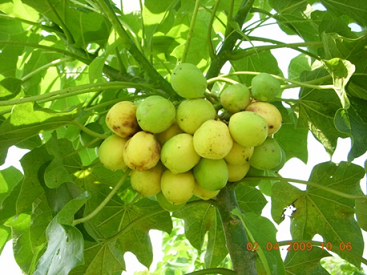
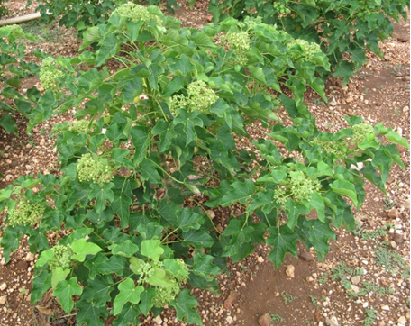
- This species can produce fruit of high oil yield. It holds potential commercial use as a bio-fuel. Locally, there is already some interest to breed this species.
- Engaging the services of other technical examining authorities
- When a Breeder applies for protection of a new plant variety, plant materials have to be submitted for technical examination.
- This examination is currently conducted by the prescribed examination authority, the AVA.
- With the expansion of our Plant Varieties Protection regime, we will need examiners with the necessary technical expertise to examine a much wider range of plant genera and species.
- Clauses 2, 5, 6, 8 and 11 of the Bill therefore amend the Plant Varieties Protection Act to enable the Registrar of Plant Varieties to engage the services of other examining authorities, including those from other UPOV Convention member countries, to perform the relevant technical examination.
- This outsourcing model is in line with current practices in other jurisdictions such as Switzerland, France, Germany, Japan and the UK.
- This is a resource-efficient way of providing for technical examination.
- In cases where AVA does not have the expertise to do a technical examination of any particular plant genera or species, the proposed amendments will enable IPOS to engage the services of other examining authorities with the relevant expertise to do so.
- This removes the need for IPOS or AVA to recruit and train in-house technical experts for the examination of new plant varieties, which will be time consuming and expensive. Instead, they can tap on available expertise.
- Clause 4(a) also enables the Registrar of Plant Varieties to delegate his powers or functions under the Act to any person with the relevant qualification or experience, for operational efficiency.
- Conclusion
- Madam Speaker, I beg to move.
Last updated on 03 Jul 2018

